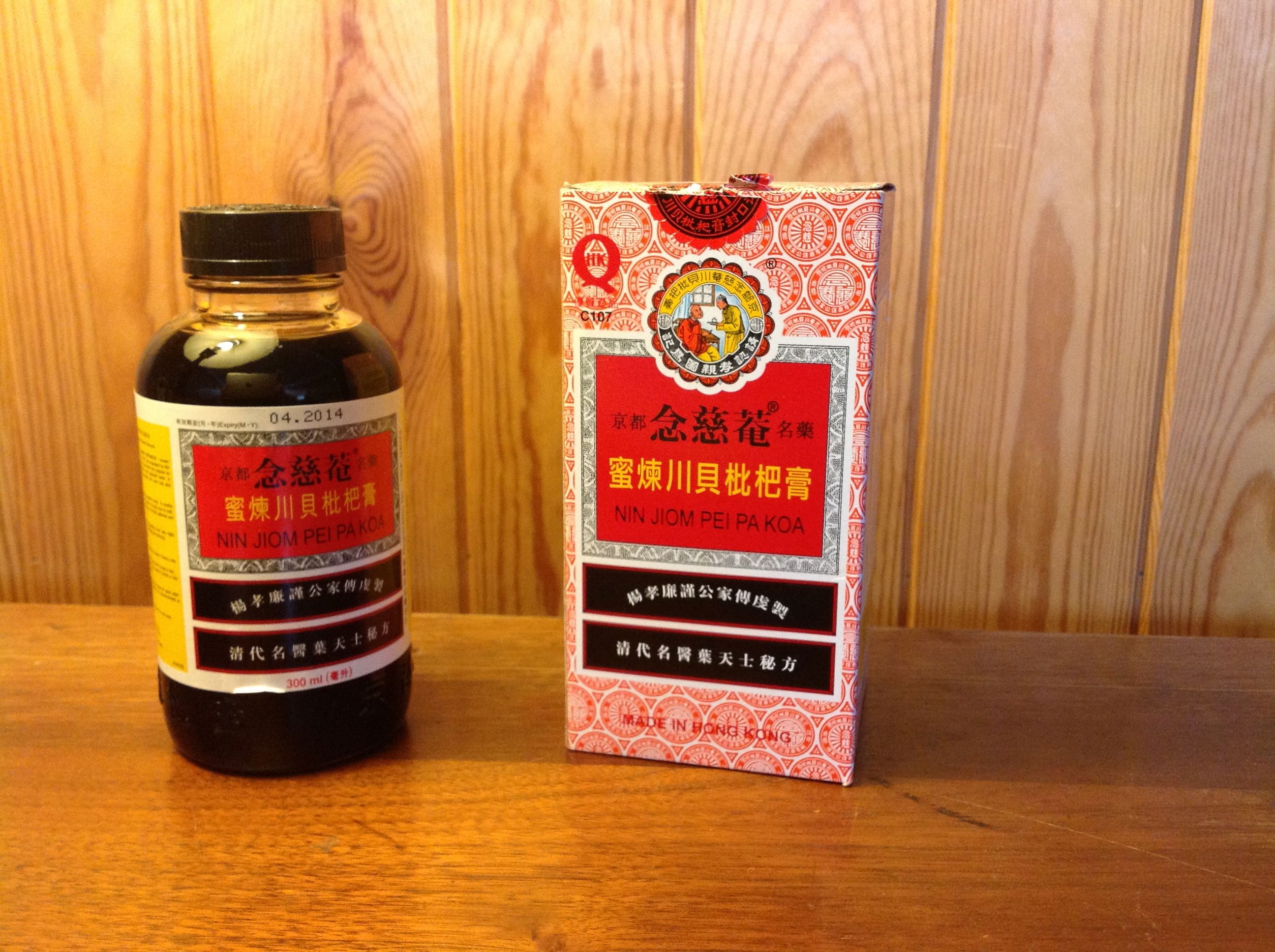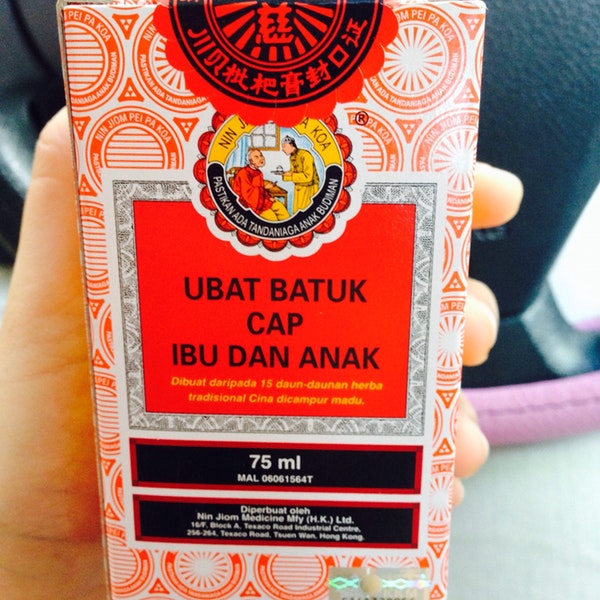New Yorkers Just Discovered 'Nin Jiom Pei Pa Koa'
"All of a sudden, everybody is talking about it."
There's a sudden demand for Nin Jiom Pei Pa Koa in New York
A recent Wall Street Journal (WSJ) report revealed that more New Yorkers are turning to the Chinese herbal syrup Nin Jiom Pei Pa Koa or commonly referred to as just pei pa koa (which means loquat syrup), to remedy their itchy throats and cough.
The report quoted Ching Weh Chen, the owner of Pearl River, a Chinese market in New York City, who said that there has been a high demand from Caucasian customers for the traditional herbal syrup made with honey and loquat from Caucasian customers.
“All of a sudden, everybody is talking about it.
"Chinese people have known about it for a long, long time. It goes back to Qing dynasty, but now it is the Caucasian customers who are coming in and asking for it."
It was learned that more New Yorkers are being exposed to pei pa koa and the wonders of it
A New Yorker known as Alex Schweder had been unwell for more than a week until his girlfriend, Oberon Sinclair, recommended the herbal syrup to cure his persistent cough.
"I'd been super sick for a week and half and couldn't stop coughing," said Schweder.
It was reported that Sinclair, who first discovered the syrup some 30 years ago when she was in Hong Kong, shared pei pa koa with Schweder.
Schweder got excited that the remedy started working for him in just 15 minutes, has since gotten at least five other people to try it and "told many more" about it.
While pei pa koa is becoming a thing in New York, there are some who still had doubts because it's something that they are unfamiliar with
An acupuncturist in Chinatown suggested for Max Blagg, a poet to try pei pa koa but the latter admitted that he was "a little apprehensive" about in the beginning.
"If you look on the label, there's a thousand herbs you've never heard of," Blagg told WSJ.
Nevertheless, Blagg later went on to recommend painter James Gilroy, who reportedly had flu for about three weeks.
"He (Blagg) showed me a bottle with some crazy Chinese writing on it and I thought no, I’m going to go to a doctor," Gilroy said.
Meanwhile, several health experts have also warned the public to exercise caution when taking herbal supplements such as pei pa koa
The WSJ report cited a specialist in pulmonary medicine who expressed concern on how traditional herbal remedies could potentially pose health risks, especially when they are taken in excess or if a patient took them with or instead of prescription medication.
"I think people that use these things may not even disclose them to the physician, and it’s a problem," said Dr. Keith Brenner, who works at the Columbia University Medical Center at the New York Presbyterian Hospital.
"There's been well-established interactions between herbal and prescription, and the doctor can pick up on it if the patient discloses it."
It was reported that Nim Jiom Pei Pa Koa retails at Chinese markets and Chinese pharmacies for approximately USD7 (about RM27). A bottle could cost as much as USD70 (about RM273) through third parties online.
As pei pa koa slowly picks up steam in the US, it has long been a panacea in Asia
Originating from Hong Kong, Nin Jiom Pei Pa Koa made inroads to the Southeast Asian markets in the late 1970s.
It's not unusual to find the red-and-white boxed Chinese medicine in Asian households, as it is common to use it to relieve coughs in both children and adults.
In Malaysia, Nin Jiom Pei Pa Koa is also marketed as 'Ubat Batuk Cap Ibu Dan Anak'. It is commonly available in local medicine stores, pharmacies, and supermarkets.

